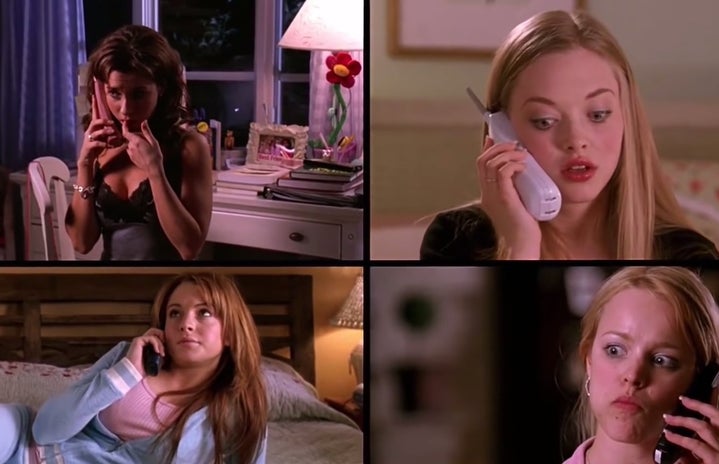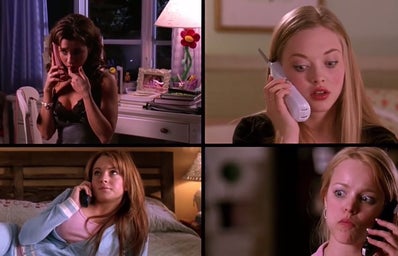Being multiracial or multiethnic has always come with complications, but watching my sisters grow up and experience the same things as I, made me aware of one consistent problem. Code-switching. It can be subconscious or conscious, but either way, it harms the mental health of mixed individuals. Psychologists have researched code-switching in relation to mixed individuals and one term stands out: “racial imposter syndrome.”
When I’m with my dad’s side of the family I’m surrounded by loud family who all match me with a jade bracelet on the left hand. I’m just as loud and outgoing as they are. I eat the same foods as they do, I understand their language, but there is always the elephant in the room that thrashes and billows around to make itself known. I’m not fully Asian. Nor do I look Asian. Most of my family looks entirely different from me.
This same disconnect occurs when I’m with my mom’s side of the family except in this case it’s the fact that I’m not fully Latina. Spanish was my first language yet somehow I’ve never been seen as Latina enough. Not by other Latinx people, or by organizations and clubs at my previous schools, or anyone for that matter. It’s funny. No, it truly is. I’m too white to be considered Asian or too white to be Latina but I’m too “other/ethnic” to be considered white.
Ultimately this affects a mixed individual’s sense of belonging. Most people are able to check off a certain box on the “what race are you?” question but for those who can’t, it makes one wonder where they belong. Or if they belong at all. I can relate to this. My sisters can relate to this. And I guarantee you that thousands of others can too. This is where code-switching comes in handy. When I’m with my dad or mom’s family sometimes I act a certain way that allows me to feel more connected to the rest of my fully Asian, Latina, etc. family members. I’ll show up to Chinese New Year wearing a cheongsam my grandma bought me, I’ll attempt to speak Cantonese, I’ll only speak in Spanish, I’ll speak louder and use more hand gestures, I’ll change my opinions on things I like and dislike based on what others around me enjoy, etc. Sometimes I do this on purpose and other times it just happens. It’s just what I’ve been conditioned to do as I’ve grown up in order to feel like I belong in different familial groups. Doing this can also help one be truly accepted into a group that is considered exclusive to those who act and “are” like them.
There can also be circumstances that require a mixed individual to purposefully code-switch and perform constantly. That can be a work environment, a club meeting, or lounging in the living room after Thanksgiving dinner, or anywhere else. THIS IS MENTALLY DRAINING AND EXHAUSTING. But like I said earlier, it’s better to belong and fit in rather than be the odd one out. Why be the odd one out if for a certain time you can change yourself and fit in? Though we shouldn’t have to change to fit in or be accepted this is unfortunately the norm. Just know that if you struggle with something like this that you aren’t alone and you will eventually find your people.


